Bruce Perry Crandall, born on February 17, 1933, is a name engraved in the American military history. A retired United States Army officer, Crandall's unwavering bravery and selflessness during the Battle of Ia Drang earned him the prestigious Medal of Honor. This blog delves into the life and legacy of Bruce Perry Crandall, a true American hero.

Early Life and Struggles: Hailing from Olympia, Washington, Crandall's journey began in the heart of the Pacific Northwest. A standout All-American baseball player in high school, his athletic prowess was evident even before he entered the military. Drafted into the United States Army during the Korean War in 1953, Crandall's early life laid the foundation for the resilience and determination he would later display on the battlefield.
Military Enlistment and Heroics: Crandall's military career took flight after graduating from Engineer Officer Candidate School in 1954. His training included stints in fixed-wing and helicopter operations, making him a versatile pilot. His overseas assignments in Libya and later in Central and South America showcased his adaptability and commitment to service. However, it was in Vietnam that Crandall would etch his name into history.
Defining Moment: Battle of Ia Drang: November 14, 1965, marked a pivotal moment in Crandall's career during the Battle of Ia Drang. Leading a helicopter unit, he flew into the heart of enemy fire, evacuating over 70 wounded soldiers and delivering crucial supplies. The intensity of the battle, portrayed in the film "We Were Soldiers," depicted Crandall's valor and earned him the Medal of Honor in 2007.
Post-War Life and Career: After the Vietnam War, Crandall's journey continued. From Colorado to South Vietnam, he took on various roles, displaying versatility beyond the cockpit. Despite surviving a helicopter crash and recovering from injuries, Crandall pursued education, earning a master's degree in public administration from Golden Gate University in 1977.
Military Awards and Decorations: Crandall's exemplary service garnered numerous military awards and decorations. From the Medal of Honor to the Distinguished Flying Cross and Bronze Star, his chest adorned symbols of courage, sacrifice, and dedication. These accolades not only honored Crandall but also stood as a testament to the indomitable spirit of the soldiers he served alongside.
Conclusion: Bruce Perry Crandall's life exemplifies the essence of heroism and selfless service. From the baseball fields of Olympia to the jungles of Vietnam, his journey was marked by courage, sacrifice, and an unwavering commitment to duty. As we reflect on his legacy, let us remember Major Bruce P. Crandall as a beacon of inspiration, reminding us that true heroes soar above adversity, leaving an indelible mark on the pages of history.
